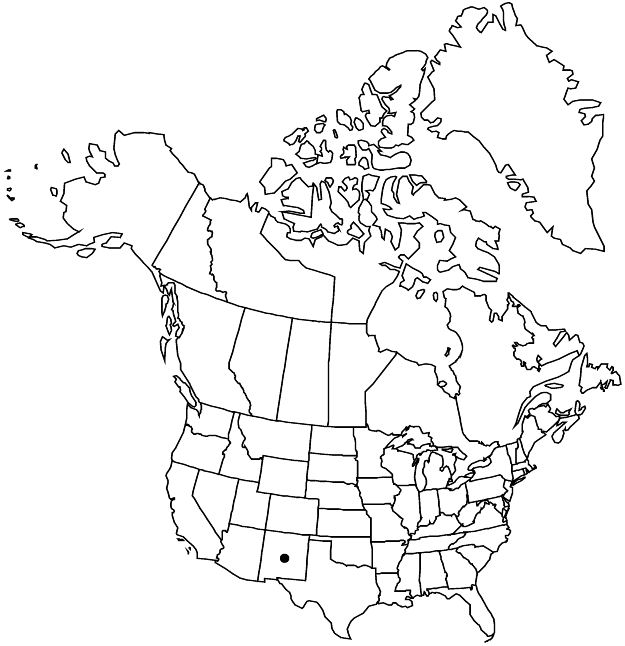Difference between revisions of "Echinopepon coulteri"
Contr. U.S. Natl. Herb. 5: 116. 1897.
imported>Volume Importer |
imported>Volume Importer |
||
| Line 57: | Line 57: | ||
|publication year=1897 | |publication year=1897 | ||
|special status= | |special status= | ||
| − | |source xml=https:// | + | |source xml=https://bitbucket.org/aafc-mbb/fna-data-curation/src/2e0870ddd59836b60bcf96646a41e87ea5a5943a/coarse_grained_fna_xml/V6/V6_27.xml |
|genus=Echinopepon | |genus=Echinopepon | ||
|species=Echinopepon coulteri | |species=Echinopepon coulteri | ||
Latest revision as of 22:20, 5 November 2020
Stems 0.5–4 m, sparsely short-villous, hairs eglandular. Leaf blades mostly orbiculate, deeply to shallowly lobed, 4–5(–7) cm wide, base broadly cordate, margins entire or slightly sinuate-denticulate, surfaces sparsely hispid abaxially, hispid especially on veins adaxially. Inflorescences: staminate flowers in simple racemes 5–14(–20) cm. Flowers: sepals linear to subulate; petals oblong to deltate, 4–6 mm, apex emarginate, surfaces glabrous or sparsely pubescent, eglandular, not punctate, corolla campanulate, 8–12 mm diam.; anther thecae recurved. Capsules 2–3 × 1.2 cm, surface and prickles eglandular-pubescent, beak 5–8 mm, prickles mostly 3–5 mm. Seeds with elliptical depression on each surface.
Phenology: Flowering Aug–Sep.
Habitat: Rocky slopes, washes
Elevation: 1500–2200 m
Distribution

N.Mex., Mexico (Chihuahua, Durango, Zacatecas, s to Oaxaca).
Discussion
Echinopepon coulteri is known in the flora area from Dona Ana, Grant, Hidalgo, Sierra, and Socorro counties (as cited by K. M. Stocking 1955, from vouchers at CAS, GH, POM, and US).
Selected References
None.